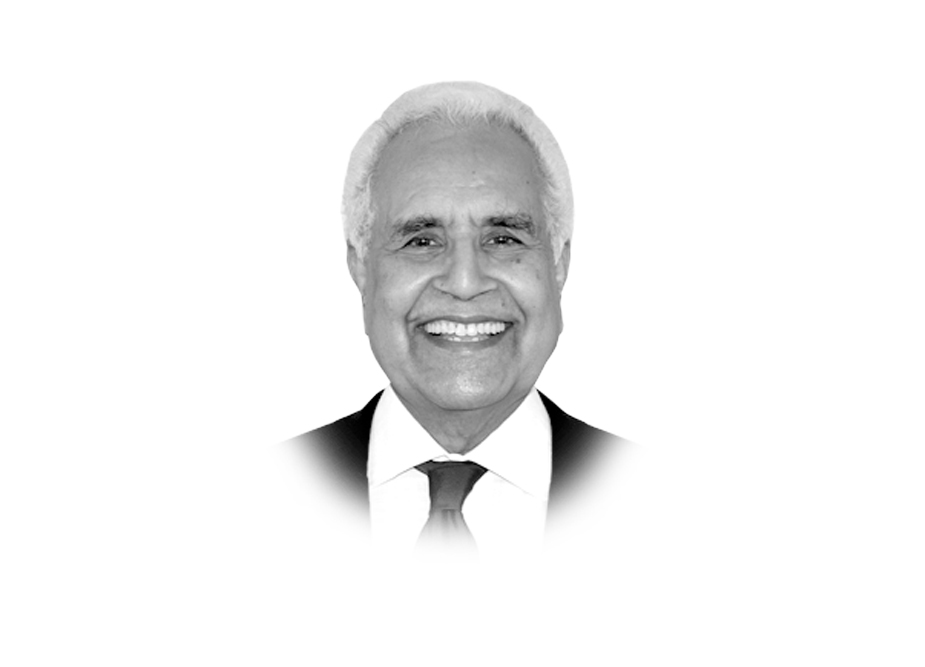
At the end of the day, the PML-N had the highest number of votes (14,794,188) nationwide. But hats off to the PTI, which was next (with 7,563,504 votes). Considering that this was the party’s first real election and that it had entered it with the least experience of the murky waters of Pakistani politics, this is excellent showing. It won votes wherever they contested. Even in Sindh, it won votes in the thousands.
But the general election of 2013, the PTI’s reservations aside, seems old hat already. What the provincial governments must now be mulling over are the overdue local bodies’ elections that some provincial governments are loath to hold for fear of having to share power/financial resources with the local bodies. The judiciary, on the other hand, is pressing them to hold these at the earliest. I might have more to say about this in another column.
The PTI, now leading the coalition government in Khyber-Pakhtunkhwa (K-P), seems to be running into some trouble, but Imran Khan is not budging from the party constitution that he is firmly committed to.
Intra-party elections, held just before the general election, was a very bold step but he took it and, so far, he is sticking to the institutional approach to all issues related to the PTI and the K-P government. In that sense, he is breaking new ground in Pakistani politics, which has traditionally been a family and fortune affair. Just you look around.
With the PML-N, the PTI, the PPP, the ANP, religious parties and dozens of other registered parties, where does the bamboozled Pakistani stand? The new governments are in position. But do they have solutions to his problems? With the budget just a few weeks old, they are beginning to realise the gravity of the situation. We can see it from their haggard looks.
Talking of haggard looks, Khawaja Mohammad Asif, debonair and dapper always, looks crestfallen on TV talk shows since he became the federal minister for water and power. Gone is the gusto and aggression he showed as a participant when he was in the opposition. Obviously, he knows the government will make or break on the load-shedding issue, which falls under his portfolio.
But all he is promising are steps in the right direction and no quick fixes. Having always been an un-devious politician, he does not want to make promises he cannot keep. To be fair, and with respect to the people who are coming out in the streets over power breakdowns, there was some break from load-shedding, at least for the holy month of Ramazan, as promised. Also, action has been taken against major power thieves, as promised.
So, with three months now past the general election let us wait and see how the government deals with this and many other serious issues, like a ravaged economy, terrorism, foreign policy and law and order. I think, by fall this year, we should be able to see where we are headed. Until then, let us hold our judgment and hope that Khawaja resumes wearing his natty suits and ties.
Come this winter, and we will know if there is a change or is it going to be business as usual. Either way, there are lessons to be drawn from Egypt. If promises are not kept and people’s aspirations are ignored, there will be a reaction. And when there is, the world will come fishing in Pakistan, perhaps much more overtly than it is doing in Egypt. Egypt, as a state, has been continually inhabited since the 10th millennium BC and will struggle through. Born 1947, a break-up in 1971, Pakistan’s room to contrive is limited.
Published in The Express Tribune, August 13th, 2013.
Like Opinion & Editorial on Facebook, follow @ETOpEd on Twitter to receive all updates on all our daily pieces.













COMMENTS
Comments are moderated and generally will be posted if they are on-topic and not abusive.
For more information, please see our Comments FAQ